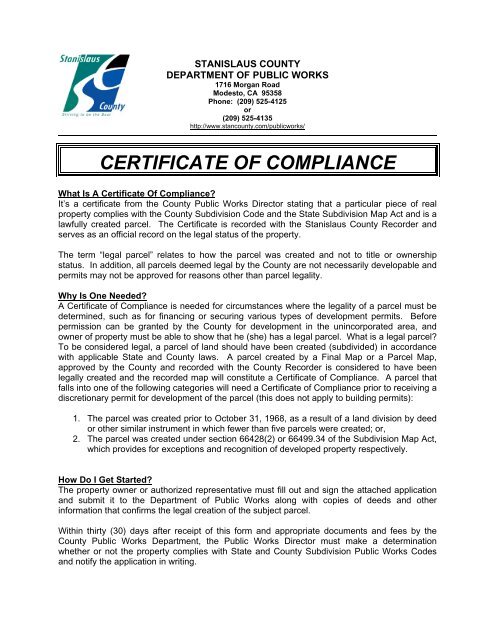
Introduction
Negligent infliction of emotional harm is a legal concept that addresses the repercussions of causing psychological distress through negligence. In this article, we delve into the legal ramifications of negligent emotional harm, shedding light on the complexities and implications of such cases.
Understanding Negligent Infliction
Negligent infliction of emotional harm occurs when an individual or entity acts negligently, resulting in another person suffering severe emotional distress. This distress must be foreseeable and caused by the defendant’s breach of duty of care. Unlike intentional infliction of emotional distress, which requires deliberate and extreme conduct, negligent infliction focuses on the failure to exercise reasonable care.
Foreseeability and Duty of Care
Central to negligent infliction cases is the concept of foreseeability and the duty of care owed by the defendant to the plaintiff. Foreseeability refers to the ability to reasonably anticipate the consequences of one’s actions or omissions. In negligent infliction cases, the plaintiff must demonstrate that the defendant should have foreseen the potential harm caused by their negligence and that they owed a duty of care to prevent such harm.
Proving Causation
Establishing causation is another crucial aspect of negligent infliction cases. The plaintiff must demonstrate that the defendant’s negligent conduct was a direct cause of their emotional distress. This can be challenging, as emotional harm is often subjective and may not have obvious physical manifestations. Expert testimony, medical records, and other forms of evidence may be used to establish the link between the defendant’s actions and the plaintiff’s emotional suffering.
Impact of Negligent Emotional Harm
The impact of negligent emotional harm can be profound and long-lasting. Individuals who experience severe emotional distress may suffer from a range of symptoms, including anxiety, depression, post-traumatic stress disorder (PTSD), and other mental health issues. These consequences can affect every aspect of the individual’s life, from their personal relationships and work performance to their overall quality of life.
Legal Recourse for Victims
Victims of negligent emotional harm may pursue legal recourse to seek compensation for their suffering. Damages in negligent infliction cases may include compensation for medical expenses, therapy costs, lost wages, and pain and suffering. Additionally, punitive damages may be awarded in cases involving egregious negligence or intentional misconduct to punish the defendant and deter similar conduct in the future.
Challenges in Litigation
Litigating negligent infliction cases presents unique challenges, particularly regarding the subjective nature of emotional distress and the difficulty in quantifying damages. Defendants may dispute the severity of the plaintiff’s emotional harm or argue that their conduct was not the direct cause of the distress. As such, these cases often require thorough investigation, expert testimony, and skilled legal representation to achieve a favorable outcome.
Preventative Measures and Risk Management
To mitigate the risk of facing negligent infliction claims, individuals and entities must take proactive measures to prevent harm and ensure compliance with legal standards of care. This may involve implementing safety protocols, providing adequate training to employees, and maintaining appropriate insurance coverage. By prioritizing risk management and accountability, defendants can reduce their exposure to liability for negligent emotional harm.
The Role of Legal Professionals
Legal professionals play a crucial role in navigating the complexities of negligent infliction cases. Attorneys specializing in personal injury law can provide invaluable guidance and representation to victims seeking justice for their emotional distress. These professionals have the knowledge, resources, and expertise to advocate for their clients’ rights and pursue fair compensation for their suffering.
Conclusion Read more about negligent infliction of emotional distress







